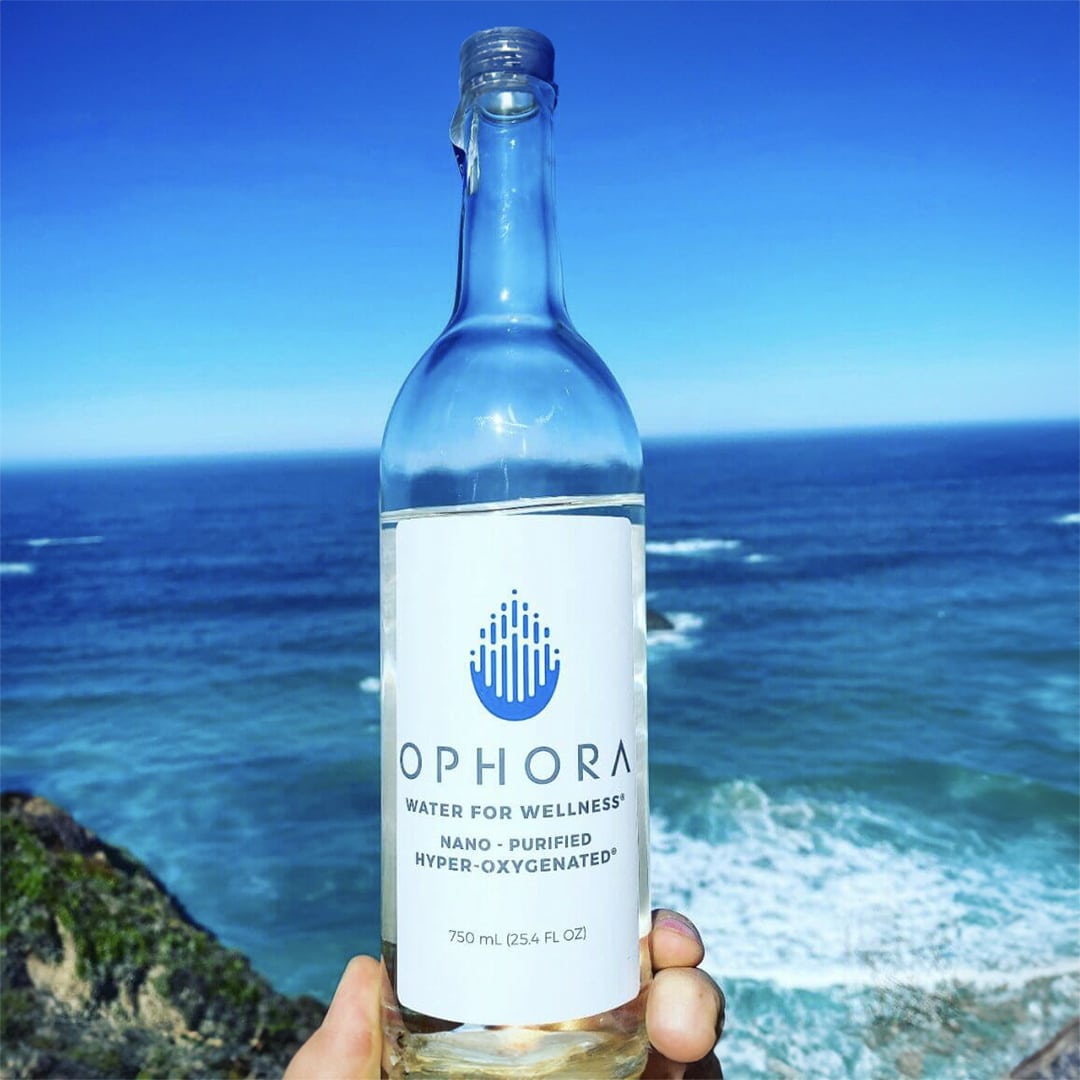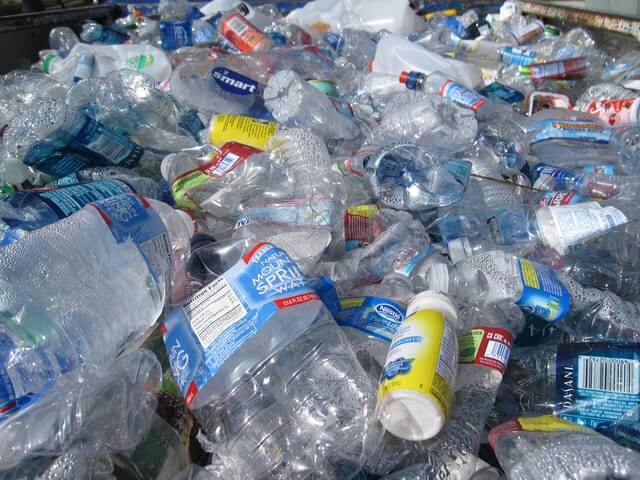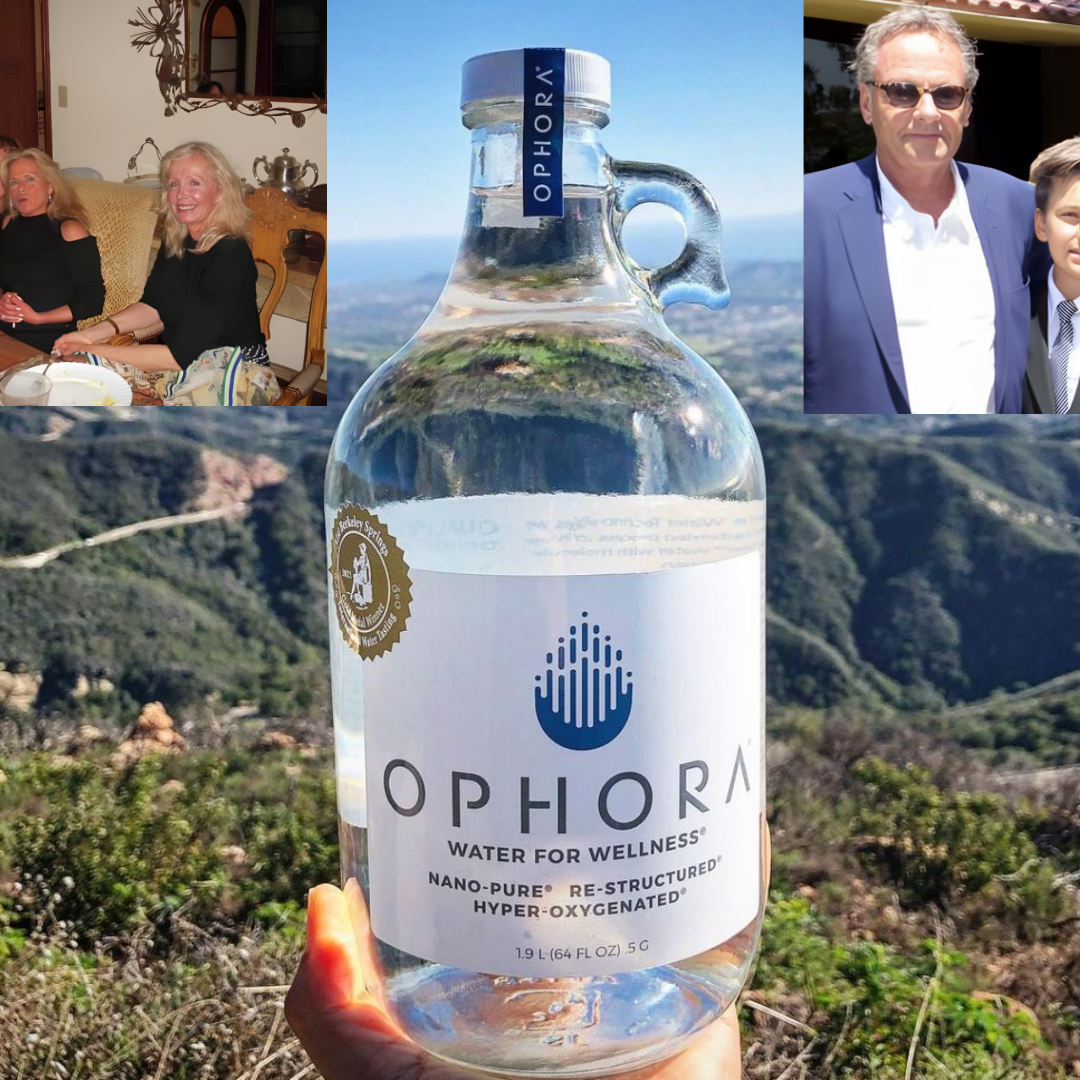Drink Up: Founder and CEO of OPHORA Water Technologies, Ken Guoin, says it’s critical that you start drinking more water. But not the water you’ve likely been drinking.”YOU KNOW,” SAYS KEN GUOIN, FOUNDER AND CEO OF WATER IMPROVEMENT TECHNOLOGY MANUFACTURER OPHORA Water Technologies, “WE’RE ABSOLUTELY SWIMMING IN WOMEN’S HORMONES.”
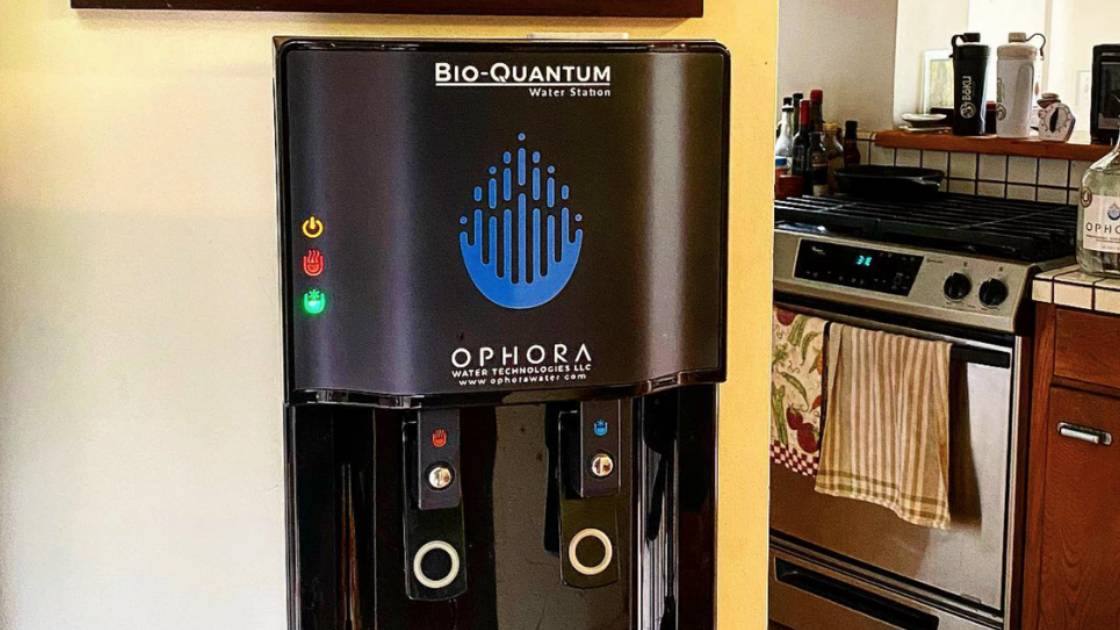
WHILE THERE MAY BE POSITIVE IMPLICATIONS FOR WORLD PEACE BURIED IN THAT STATEMENT, GUOIN IS ACTUALLY ADDRESSING SERIOUS HEALTH CONCERNS ABOUT THE QUALITY OF OUR WATER SUPPLY. WITH OVER 35 YEARS IN THE WATER IMPROVEMENT BUSINESS GUOIN KNOWS WATER, AND HE’S DEEPLY CONCERNED.The National Institute of Medicine recommends we drink around 15 cups of water a day for men, and I cups for women, while the USDA reports an average consumption of only about 3.9 cups a day. Nevertheless, most people remain adequately hydrated through the consumption of other liquids along with the water contained in the food we eat. That said, you’ll get no argument from Guoin about the fact that nearly all of us should be drinking more water. “Substitute water for at least half of whatever else you’re drinking,” says Guoin. “And you’ll be amazed how much better you feel.” But he wants you to know all water is not created equal. At least not since the Industrial Revolution.
National Institute of Medicine recommends we drink around 15 cups of water a day for men, and 11 cups for women, while the USDA reports average consumption of only about 3.9 cups a day.
Guoin dove into a career in water right out of college. He graduated from the University of Michigan with a degree in business, but possessed an engineering mind, he launched his first company with a patent he developed for the first 100 percent organic, chlorine-free swimming pool system. While chlorine sanitizes water of some pretty nasty stuff, it’s not necessarily entirely benign. Which eventually led Guoin to adapt the system for drinking water.
As Guoin explains, the real problems with our municipal water systems began shortly after World War II. As suburban populations exploded, the new water plants built to supply the demand were focused on microbial contamination and eliminating pathogens, and they began using a small amount of chlorine to sanitize the water. The general water supply, however, is vulnerable to many sources and thus, directly affected by the total amount of contaminants in our environment. Rainwater flushes air-born pollution from the sky, and washes across the ground, carrying the toxic detritus of human activity into the lakes, rivers, and aquifers from which we draw our drinking water supplies. Over time, as population and industrial pressure grew, so too did the chlorine concentrations, along with a host of additional additives intended to clean or otherwise “improve” the water.
The serious problems begin when chlorine reacts with other water treatment chemicals, or organic matter in the water supply, to produce often extremely toxic by-products called DBPs (disinfection by-products.) There are hundreds of known DBPs found in municipal water throughout the country. “It’s a no-brainer,” says Guoin. “Don’t drink tap water.
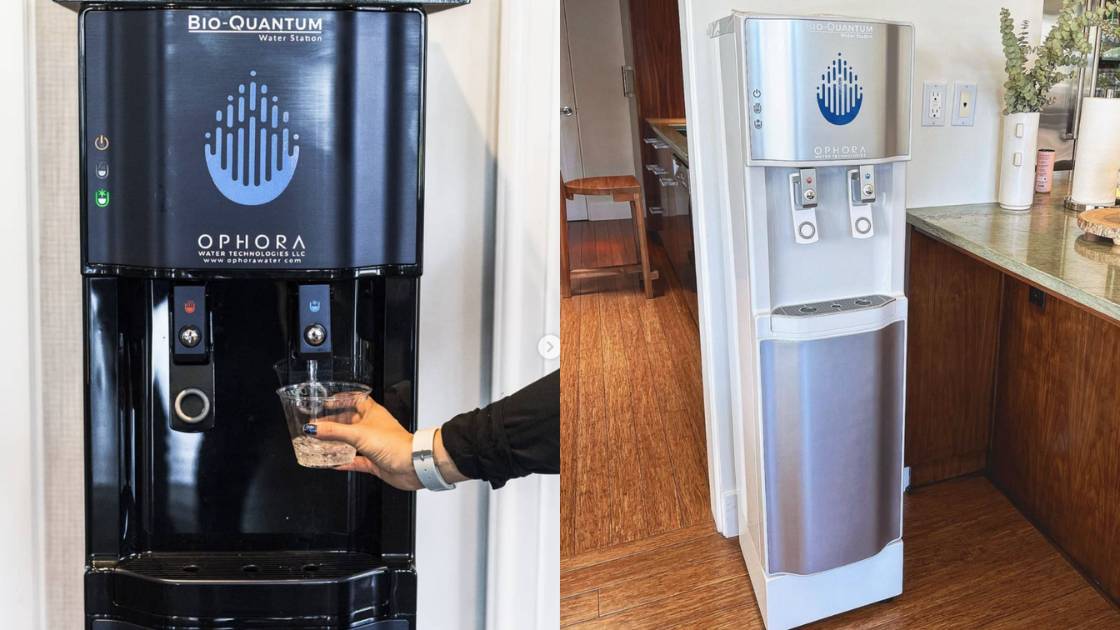
“So who drinks tap water anyway? Apparently in our quest for “purity,” we buy over $11 billion worth of bottled water every year, so does that mean we shouldn’t worry?
First of all, if it’s not self-evident that “the world simply cannot absorb any more plastic,” as Guoin says, then stories of overflowing landfills and giant floating islands of plastic the size of some states, may have escaped your attention. Guoin is as concerned for the health who drinks tap water anyway. Apparently in our quest for “purity,” we buy over $11 billion worth of bottled water every year, so does that mean we shouldn’t worry? about the planet as he is for you. And for both your sakes he says, “Don’t drink water out of plastic bottles.
“Water is one of nature’s greatest solvents. Countless things dissolve in water. It absorbs almost anything it comes in contact with. Importantly, in the case of bottled water, that includes a whole host of toxins contained in the plastic of the bottle itself. And as long as we’re comparing waters to waters, it should be noted that from a regulatory over-site standpoint (should you put your trust in that sort of thing), tap water is subject to far more scrutiny than the bottled water industry. Oh, and did I mention bottled water is typically at least four times as expensive as the gasoline you put in your car?
Fortunately, I was shown an alternative to this toxic water world at the Pasadena offices of the Ayzenberg Group. This local advertising and design firm has installed Guoin’s Bio-Quantum Water Coolers on every floor of their building. Make no mistake, this is a serious commitment to water quality and conservation. OPHORA Water systems don’t come cheap. It’s no wonder because as Guoin explains, it’s not enough to desanitize the water. “You have to add all the goodness back in, which is what we do that nobody else does. At least not very well.”
“We feel it’s an investment in our employees,” says Edgar Davtyan, CFO at Ayzenberg. “And a commitment to the environment is fundamental to the way we think.” Devtyan and the people he works with people he says are “savvy enough to be making their own proactive choices about the environment, recycling, and clean water,” seem wholly satisfied with Guoin’s system. In fact, “They’re taking water home,” he laughs. Devtyan says when they installed the system at the end of last year, they made a gift of glass bottles, adorned with the company logo to each employee, and did away with plastic entirely. Those bottles are now also part of the “onboarding package” that each new employee receives. The day I was there, you could find an Ayzenberg bottle full of “perfect water” on nearly every desk.
As I was wrapping up my conversation with Guoin, Devtyan met us at the door. “Every time I see you, you look younger!” remarked Guoin. “It must be the water,” Devtyan replied.
(For more information about OPHORA Water systems and the technical process behind their unique patented water improvement process visit ophorawater.com)



